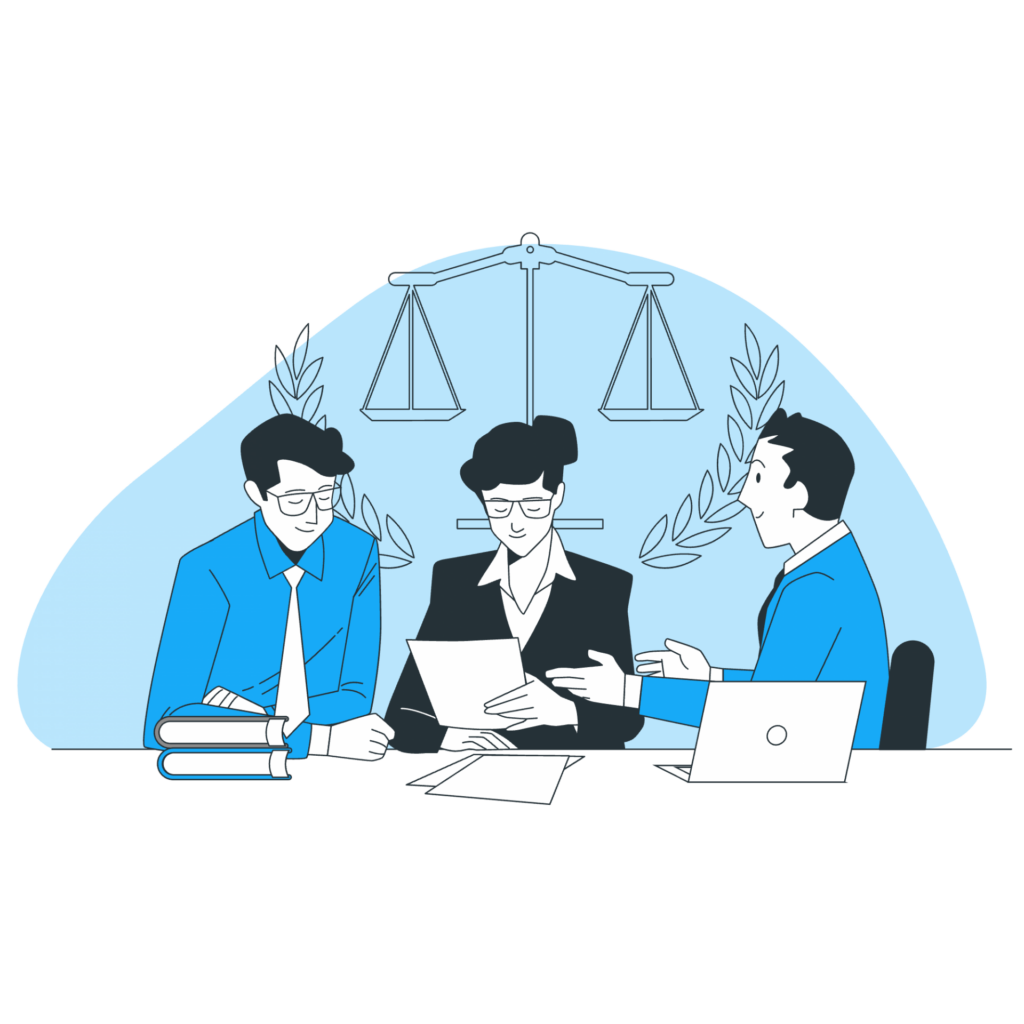Legal Challenges in Wildfire Lawsuits: A Closer Look at the Maui Wildfire Case
Wildfires have become an increasingly prevalent and destructive force in recent years, causing extensive damage to homes, landscapes, and ecosystems. In the aftermath of these devastating events, legal actions often ensue to seek compensation for the losses incurred. One such case that has garnered attention is the ongoing Maui Wildfires lawsuit. In this article, we’ll take a closer look at the legal challenges associated with wildfire lawsuits and delve into the specifics of the Maui Wildfires case.
The Impact of Wildfires: Legal Consequences
Wildfires can have far-reaching legal implications, particularly when they result in significant property damage, personal injuries, or loss of life. These legal consequences typically lead to lawsuits against various parties believed to be responsible for the fire’s ignition or its rapid spread. Common parties involved in wildfire lawsuits include:
Utility Companies: In cases where a wildfire is believed to have been caused by power lines, electrical equipment, or other utility infrastructure, utility companies may face legal action.
Landowners: Property owners can be held liable if they fail to maintain their land adequately, leading to the ignition and spread of a wildfire.
Government Entities: In some instances, government agencies may face legal challenges for inadequate wildfire prevention or response efforts.
The Maui Wildfires Lawsuit: A Case Study
The Maui Wildfire lawsuit is a current example of the legal challenges that arise in wildfire cases. Here are some key details about the lawsuit:
Parties Involved: The lawsuit involves multiple parties, including residents who suffered property damage, agricultural businesses, and utility companies. The primary focus of the lawsuit is determining liability for the fires and seeking compensation for the losses incurred.
Legal Challenges: The Maui Wildfires case presents several legal challenges, including determining the exact cause of the fires, establishing liability, and quantifying the damages suffered by various plaintiffs. Additionally, the case raises questions about the responsibilities of utility companies and landowners in wildfire prevention and mitigation.

Legal Considerations in Wildfire Lawsuits
Wildfire lawsuits are complex legal proceedings that require a thorough understanding of various legal considerations. These lawsuits often involve multiple parties, intricate causation analysis, and substantial damages claims. Here are some key legal considerations that play a pivotal role in wildfire lawsuits:
Causation Analysis: Determining the exact cause of a wildfire is often a central point of contention in these cases. To establish causation, expert testimony, forensic analysis, and scientific evidence are crucial. These may involve investigations into the ignition source, weather conditions, and the actions of potentially liable parties.
Expert Testimony: Expert witnesses, such as fire investigators and meteorologists, are often called upon to provide testimony regarding the fire’s origin, progression, and contributing factors.
Forensic Analysis: Forensic analysis of fire patterns, burn marks, and other physical evidence can help reconstruct the sequence of events leading to the wildfire.
Scientific Evidence: Scientific data related to weather conditions, including wind speed, humidity, and temperature, may be used to assess how these factors contributed to the fire’s spread.
Liability Assessment: Identifying the parties liable for the wildfire is a critical aspect of these lawsuits. Liability can be based on factors such as negligence, recklessness, or violations of fire safety regulations.
Utility Companies: In cases where a wildfire is linked to electrical equipment or power lines, utility companies may be held responsible if they fail to maintain or adequately inspect their infrastructure.
Landowners: Property owners may face liability if they neglect to maintain their land, creating conditions conducive to wildfires. This includes failure to clear vegetation, implement firebreaks, or adhere to local fire safety regulations.
Government Entities: Government agencies may be liable if they are found to have been negligent in their wildfire prevention efforts or failed to respond adequately to control the fire’s spread.
Damages Assessment: Calculating the damages suffered by plaintiffs in wildfire lawsuits is a complex task. It typically involves a comprehensive evaluation of various types of losses:
Property Damage: This includes the cost of repairing or replacing homes, structures, vehicles, and personal belongings damaged or destroyed by the wildfire.
Personal Injury Claims: Individuals who suffered injuries, smoke inhalation, or other health-related issues as a result of the wildfire may file personal injury claims seeking compensation for medical expenses, pain, and suffering.
Economic Losses: Businesses and agricultural operations that suffered economic losses due to the wildfire may seek compensation for lost revenue, business interruption, and additional expenses incurred.
Emotional Distress: Some plaintiffs may claim emotional distress and psychological trauma resulting from the wildfire’s impact on their lives.
Regulatory Compliance: Compliance with local, state, and federal regulations related to wildfire prevention and safety is a critical aspect of liability assessment. Parties involved in the lawsuit may be evaluated based on their adherence to fire safety regulations, zoning laws, and land management practices.
Zoning and Land Use Regulations: Local zoning and land use regulations may impose specific requirements on landowners regarding vegetation management, firebreaks, and construction materials to mitigate wildfire risks.
Fire Safety Codes: Compliance with fire safety codes and regulations, including building codes and fire-resistant construction materials, can be a determining factor in liability.
Emergency Response: The adequacy of emergency response efforts by government agencies and firefighting services may be evaluated to assess their role in controlling the wildfire’s spread and mitigating damage.
Wildfire lawsuits, like the ongoing Maui Wildfires case, highlight the legal complexities and challenges associated with seeking compensation for losses resulting from wildfires. These cases often involve multiple parties, intricate causation analysis, and substantial damages claims. As wildfire incidents continue to occur worldwide, the legal landscape surrounding wildfire lawsuits will remain an area of significant concern and attention for those affected. It underscores the importance of preventive measures, rigorous investigations, and adherence to regulations in mitigating the impact of wildfires and the ensuing legal battles.